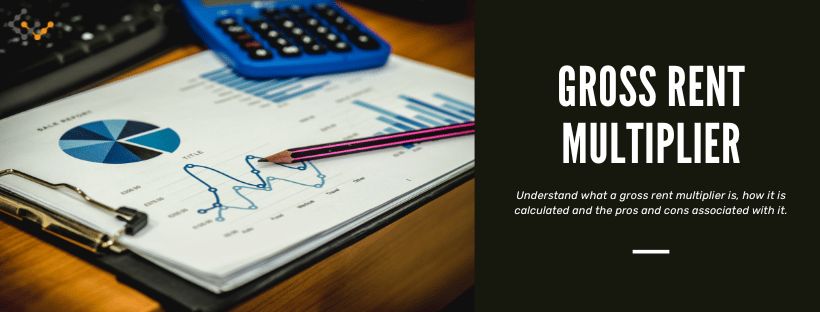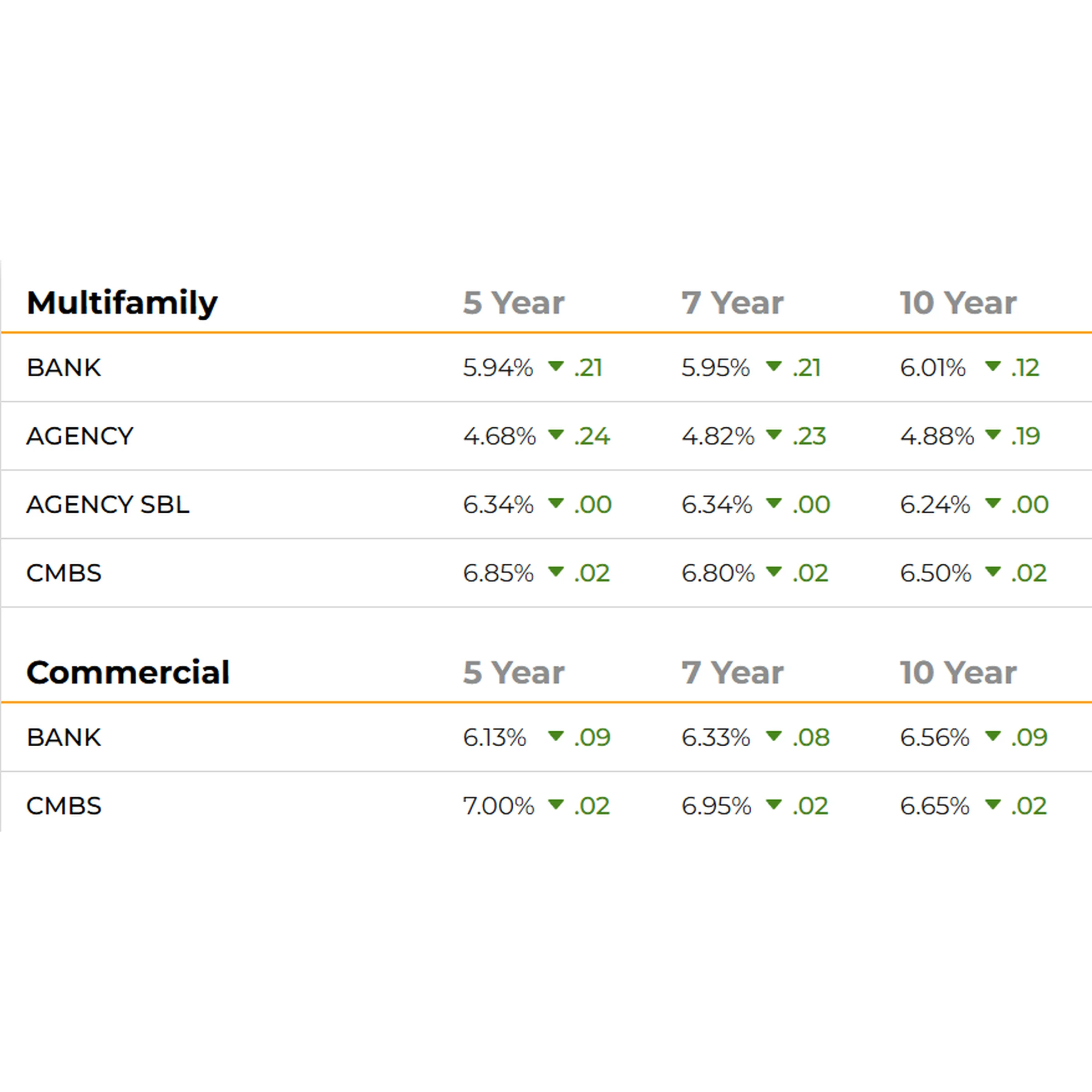Determining which rental property is worth your investment requires carefully looking at various bits of data. The gross rent multiplier in real estate happens to be one of the most important factors you may wish to focus on – and the good news is there are many such metrics you can use to get a good idea of the value of any property.
First Things First: What Is Gross Rent Multiplier?
The gross rent multiplier is a specific formula that helps evaluate a property as an investment. Still, it can also be used to help manage the real-time performance of your existing property. So, what is it?
This is an easy calculation to determine how profitable similar properties are based on the gross annual rental income that those properties will likely generate. It is a helpful tool to use when market rents are changing quickly, which is what has occurred in recent years.
How Do You Use a Gross Rent Multiplier?
Real estate investors can use the gross rent multiplier to compare the rental income potential of one property to another. It is a simplified method of analyzing properties without putting the time and money into a full analysis, which is why it is just a first step in the decision-making process. It is quick and easy to use.
Answer a few questions and get custom mortgage quotes. We'll match you with offers from our network of 650+ lenders.
How to Calculate Gross Rent Multiplier
To calculate this figure, you need to take the market value of the rental property and then divide it by the gross rental income of that property. You can apply it in several ways, such as using the list price or the sale price. You can also use the property’s appraised value. In addition, you can choose the income range that you would like, either monthly or the property’s annual income.
No matter which metrics you use, be sure you are using the same metrics from one property to the next. That way, you get a clear understanding of the value of the properties in how they compare to each other. Without keeping these factors even, you are not producing data that is accurate.
Formula for Calculating Gross Rent Multiplier
The gross rent multiplier formula is:
Gross Rent Multiplier = Rental Property Value / Gross Property Income
What Is an Example of Gross Rent Multiplier?
You can find a gross rent multiplier calculator to help you do the math. However, you may be able to do this on your own (unlike other metrics requiring a significant amount of evaluation and comparison). Here’s an example of how it works.
Consider a property that’s listed for sale at $1 million. It has a gross annual income of $160,000. To determine the GRM, divide 1,000,000 by 160,000. That gives you a GRM of 6.25.
You can continue to use this GRM formula across other properties. Remember, this figure helps you to compare multiple properties to see which one offers the better outcome.
Most of the time, you want properties that produce the most income. The lower the GRM is, the better. The figure here, 6.25, is not necessarily good or bad. Rather, it is just one metric that can be used to compare several other properties.
The lower the GRM is compared to other properties similar to the first one, the better. That means that the property is generating a higher income level, and ultimately, it will provide you with insight into how long it will take to pay for itself.
Advantages and Downsides of Using Gross Rent Multiplier
Should you use GRM? Generally speaking, there is no reason not to use this metric as a first step in comparing two properties. Here are a few things to keep in mind.
Advantages of Gross Rent Multiplier
There are some advantages to using gross rent multiplier:
- Using the average gross rent multiplier to compare several properties is a quick and easy way to see the potential profit difference between two properties.
- The data needed for GRM is typically readily available to investors, unlike other metrics that require estimation or research.
- It can also help monitor changes in property value based on the changes in gross rents. You can monitor this factor over time.
- It is an ideal screening tool that allows you to determine if you should go deeper.
- It focuses on the income the property will generate rather than the price of the property.
Downsides of Gross Rent Multiplier
There are some downsides to using GRM:
- It does not consider operating expenses, which could play a significant role in the overall profitability of any property. A property with high operating expenses may not be as profitable.
- This metric does not consider vacancies or other lost rental income instances or if the property is poorly maintained, which can also impact profits.
- It does not measure the time it takes to pay off a property but rather compares just the gross rental income generated on the property’s value.
Gross Rent Multiplier vs Gross Income Multiplier
Another commonly used metric is the gross income multiplier. This would consider any additional income sources for the property, not just the rental income for it. Though these metrics are often confused, they are rather different, and both are valuable tools.
Some properties have additional sources of income that should be considered when comparing investment opportunities, such as funds from laundry services, billboards, or parking. These add to the property’s value to the owner, and with this formula, it is possible to include them in the comparison.
Gross Income Multiplier vs Cap Rate
Cap rate is one of the other metrics many investors use to help them decide where to invest. GRM is an estimate that helps you compare rental property value based on the income that property generates. Cap rate determines what the property value currently is or should be based on the net operating income returned to an investor.
Net operating income only focuses on normal operating expenses. It does not factor in mortgage payments made on the property, and it excludes debt service from the calculation. With cap rate, the higher the figure is, the more profitable the property could be.









